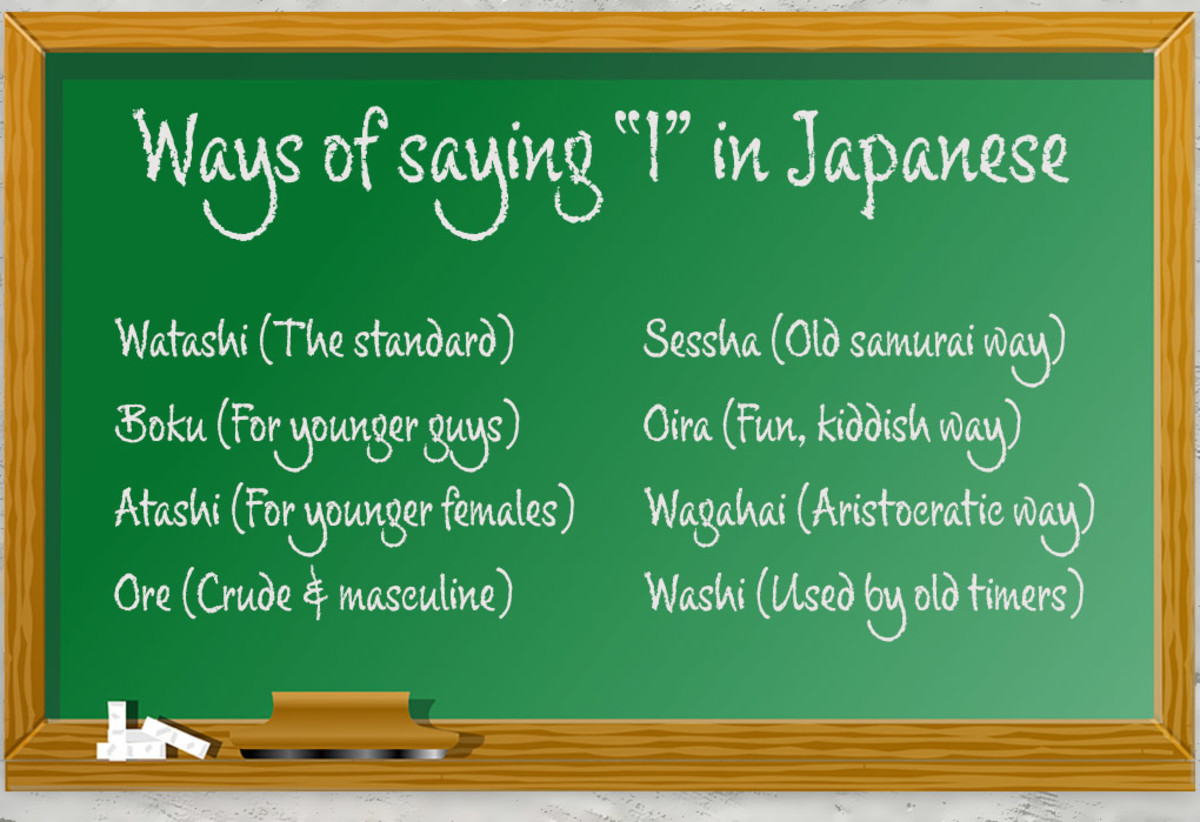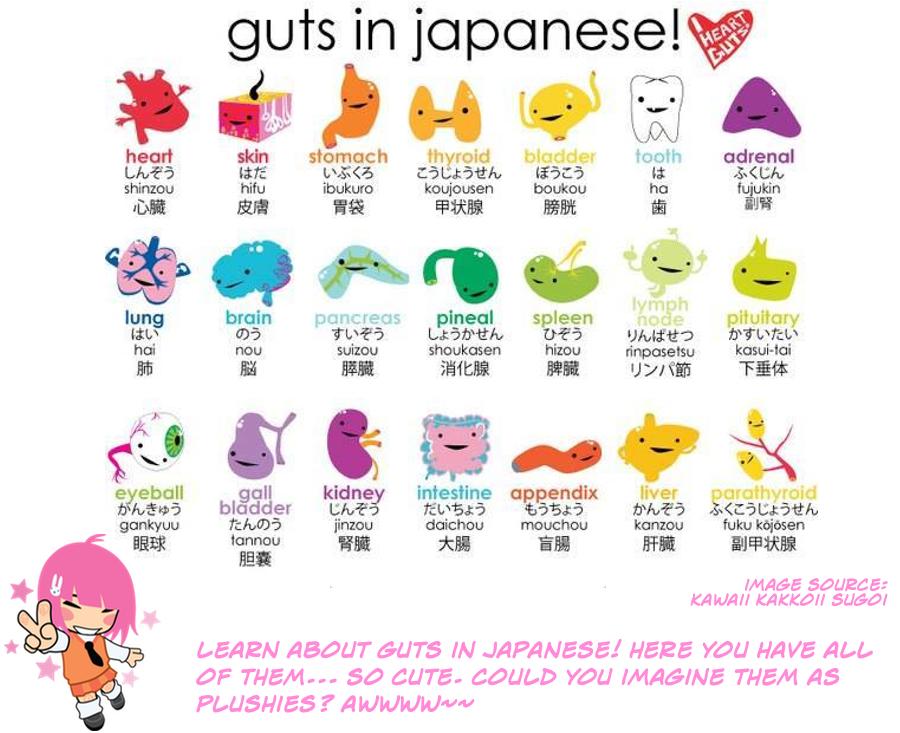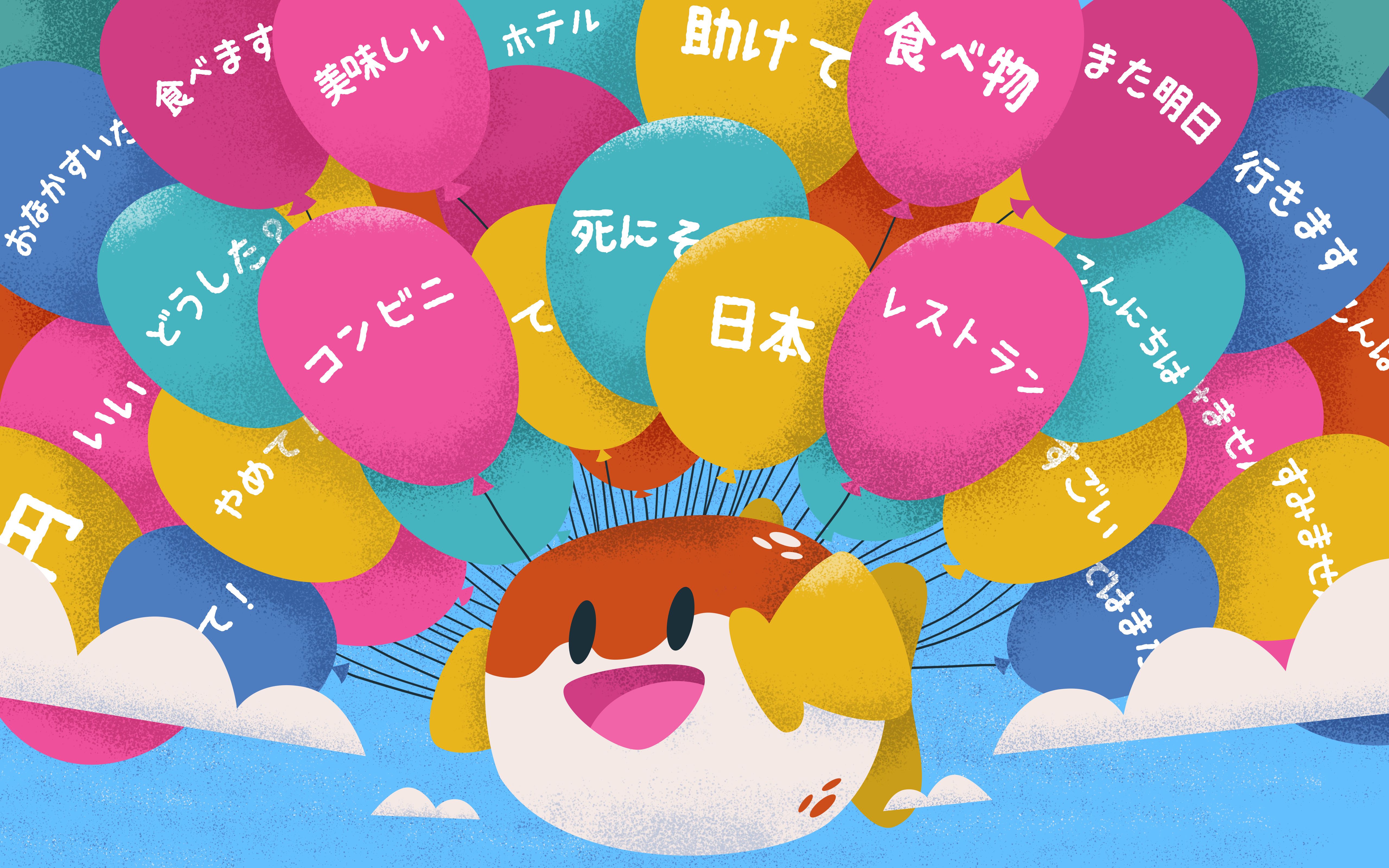
Everyday Japanese Phrases Japan 24 Hours
Funny Japanese Phrases 1. 猫をかぶる (neko wo kaburu) Hiragana: ねこを かぶる Meaning: To wear a cat. This phrase refers to hiding your bad side. Someone who is friendly and nice but hiding their true personality. 2. 金魚の糞 (kingyo no fun) Hiragana: きんぎょのふん Meaning: Goldfish poop.

Learn Simple Japanese With Funny Cartoons Japanese language, Japanese language lessons
Although there are many onomatopoeia-like words in Japanese, this article only features a few interesting examples. Onomatopoeic words in Japanese generally follow an ' A B A B ' syllable pattern, which gives them a funny sounding cadence and sets them apart from other words in the language. This article gives these words a lighthearted.

Japanese Meme Words Racist words, Japanese phrases, Words
Here's a list of some of the funniest, cringiest Japanese puns for your enjoyment. Contents Everything You Need to Know About Japanese Puns Homonyms and Dajare What's in a Name? Keep It Clean 1. イクラはいくら? — How much is salmon roe? 2. パン作ったことある? — Have you ever baked bread? 3. アルミ缶の上にあるみかん。 — The orange on top of the tin can. 4. 地元区長は痔も特徴!

The Epic List of 250 Anime Words and Phrases (With Kanji!) Owlcation
おもしろい [oh-moh-shee-roi] is the standard term for "funny" and also for "interesting." When something is humorous 「おもしろい」 is said. In different areas of Japan, such as Osaka, the word is usually contracted to おもろい [oh-moh-roi] without the し [shi]. You can say something is super funny by saying ちょうおもしろい [choh-oh-moh-shee-roi] which means "very" or.

Funny Japanese Words Mew Comedy
Japanese Jokes. 1. " The orange on top of the aluminum can.". アルミ缶の上にあるみかん。. (あるみかんのうえに ある みかん。. ) "Aluminum can" in Japanese is アルミ缶 (あるみかん), where the split between words is あるみ + かん, but if you move the split one syllable to the left (ある.

Funny Japanese Words Quotes Words Of Wisdom Popular
Aho (あほ): Moron in the Kansai dialect. Could also be used to state that an action is stupid or meaningless. Aikawarazu (相変わらず): As usual. The same as always. Aite (相手): Opponent.

37 Weird Japanese Words You Won't Believe Exist FluentU Japanese
The Japanese equivalent of funny is "omoshiroi" (面白い). This is the standard and most common way to express funny situations or people in Japanese. But, that's not all - there are more fun ways to express humor in Japanese. Japanese slang for funny adds an extra dose of humor to your conversations.

Funny Japanese Words Quotes Words Of Wisdom Popular
1. In Japan, you don't simply say you're really, really busy. You say that you're "so busy you'd be willing to borrow a cat's paw for help" (猫の手も借りたい: neko no te mo karitai ). 2. In Japan, you don't just love someone (most often a child or grandchild) to bits.

bc japan Language jokes, Learn japanese, Learn japanese words
These cool Japanese words are all sure to put a smile on your face, and most if not all will have you wondering, "why don't we have a word for that in English!?" 1. KY (adj.) The English letters 'KY' are used as a shorthand for the Japanese phrase " kūki yomenai ", meaning "can't read the room," or more literally, "can't read the air."

Funny Japanese Words Quotes Words Of Wisdom Popular
Welcome to Takashi's Japanese Dictionary (Takashionary)! This website, run by a Japanese native speaker Takashi, introduces intriguing, quirky and useful Japanese expressions (e.g. idioms, slang words) that are usually not covered by textbooks or language classes. If you want to astonish your Japanese friends using advanced Japanese words, or.

Learn Simple Japanese With Funny Cartoons Japanese phrases, Basic japanese words, Learn
There're some funny phrases in Japanese that leave you scratching your head. Many of them deal with animals and body parts and don't make much sense to native English speakers. In this post, you'll look at 9 funny Japanese phrases and learn how they're used. Let's go! 1. 蛇足 = "Snake Legs" Hiragana: だそく Romaji: dasoku

Funny Japanese Words Quotes Words Of Wisdom Popular
The phrase has even made one of the top Japanese buzzwords of 2020! 10. あたおか(ataoka). "Ataoka" means "you are crazy.". The slang is an abbreviation of "頭がおかしい" (atama ga okashii, your head is weird.) 頭 atama means head and おかしい okashii means weird.

Funny words in japanese mokasinblind
Now let's move on to a list of 20 Dajare or Japanese puns! 1. 布団 ふとん が 吹 ふ っ 飛 と んだ - Futon ga futton da - The futon blew up. 00:00. 00:00. This is a dajare on the word futon! Notice how 吹 ふ っ 飛 と んだ (futtonda) or "blew up" also sounds like futon. 2.

Funny Japanese Words Quotes Words Of Wisdom Popular
1. 蛇足 — Snake legs 2. 花より団子 — Dumplings over roses 3. 耳に胼胝ができる — I'm growing a callus in my ear 4. イタチの最後っ屁 — A mink's/weasel's last fart 5. 女三人寄れば 姦しい — Whenever three women gather it is noisy 6. 犬猿の仲 — A dog-and-monkey relationship 7. 芋を洗うよう — Like a barrel of potatoes 8. どんぐりの背比べ — Like acorns comparing their height 9.

Funny Japanese Words Quotes Words Of Wisdom Popular
20 Cool Japanese Words and Japanese Slang to Start Using Now! Enjoy watching the video first! I'll share some of the coolest Japanese words, and how to pronounce them. Once you've watched the video, then you can read the rest of the article to learn all 37 cool Japanese words and phrases. Cool Japanese Words Unique to Japan

Funny Japanese Words Mew Comedy
やばい can mean… anything. It covers everything from "terrible", "ridiculous", and "crappy" to "amazing" and "awesome." Its literal meaning is "dangerous," but is used like "wicked" in English. It could be both good and bad. This one is incredibly common in everyday speech all around Japan.